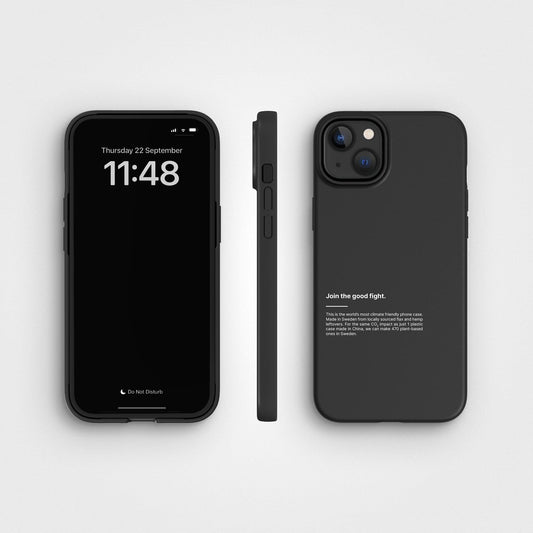You know those child-entrepreneurs who scale up their lemonade business to earn real cash? That was me growing up. Appreciating a hard day’s work, setting goals and learning from both success and failure were values instilled in me by the closest members of my family, most of them hippies-turned-entrepreneurs. But they also taught me to appreciate other things, like nature and the outdoors.
Learning from my hippie capitalist parents
My mother firmly believed that nature should be enjoyed and preserved for future generations, and brought me up accordingly. That was actually not pioneering when I grew up in Sweden in the 80’s. Environmental stewardship is now expected of everyone. Recycling as a national obsession is eclipsed only by sports and talking about the weather. Not recycling will shock other guests at house parties (yes that would be a topic of conversation).
Looking back, I see that really respecting nature means more than going on hikes and making sure I separate glass by colour when I recycle. But my younger self didn’t see the bigger picture for a long while and I have to admit that until pretty recently I considered myself to be more of an urban individual, finding the hustle and bustle of commerce and human interactions more thrilling than a more contemplative and eco-aware life.
After high-school, I wanted more imminent and tangible challenges than college could provide, so instead of jumping on the business school-track I heeded the call of my entrepreneurial side and launched my first eCommerce venture.
It did not go very well.
But the next one was a little more successful and on it went. I was hooked on the thrill of diving headfirst into new ventures, reaping both success and failure and collecting learnings as I went along.
At that period I was raising my young daughter, together with my girlfriend at the time, and they were both beginning to notice my absence from home.
A changing lifestyle
When my girlfriend and I decided to go our separate ways, I realized I had to make some changes in my work-life to be able to spend more time with my daughter who was growing up really fast.
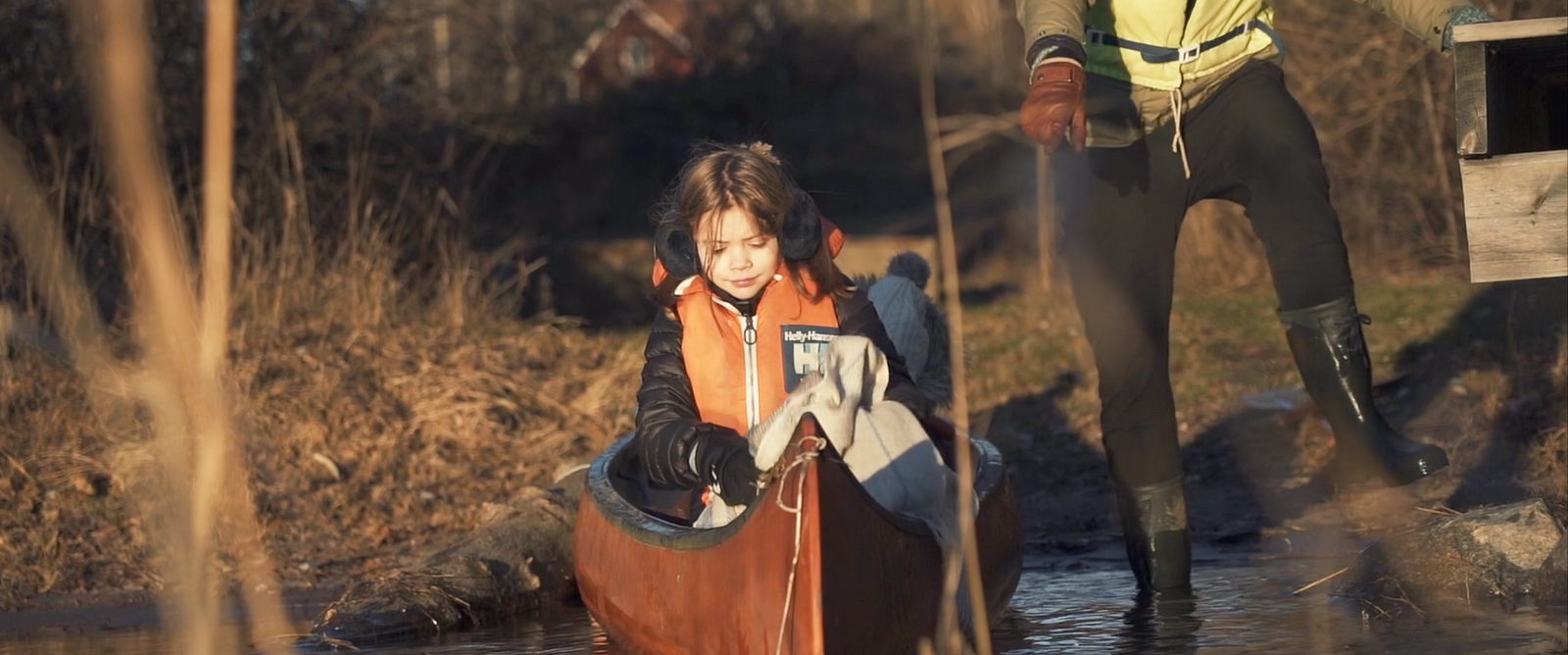
I was planning on conveying to her all the great values taught to me by my own parents but how would I be able to do that if I was never home? It might sound like a contradiction but sharing my intel on eCommerce ventures coaching other companies as a management consultant enabled me to get a more structured work-life balance. Sure I worked a lot in my new advisor role but as any entrepreneur will tell you, running a small business will keep you busy all the time, always — even if it might be with a low intensity.
I had cracked the code. Or so I thought.
More time passed and I met Eva, who would later become my wife.
We had a girl and a boy — Ayla and Mateo — and went about our days focusing on who should pick up the kids from pre-school on which days, and when we would finally have time to plan our next far off adventure on an island somewhere.
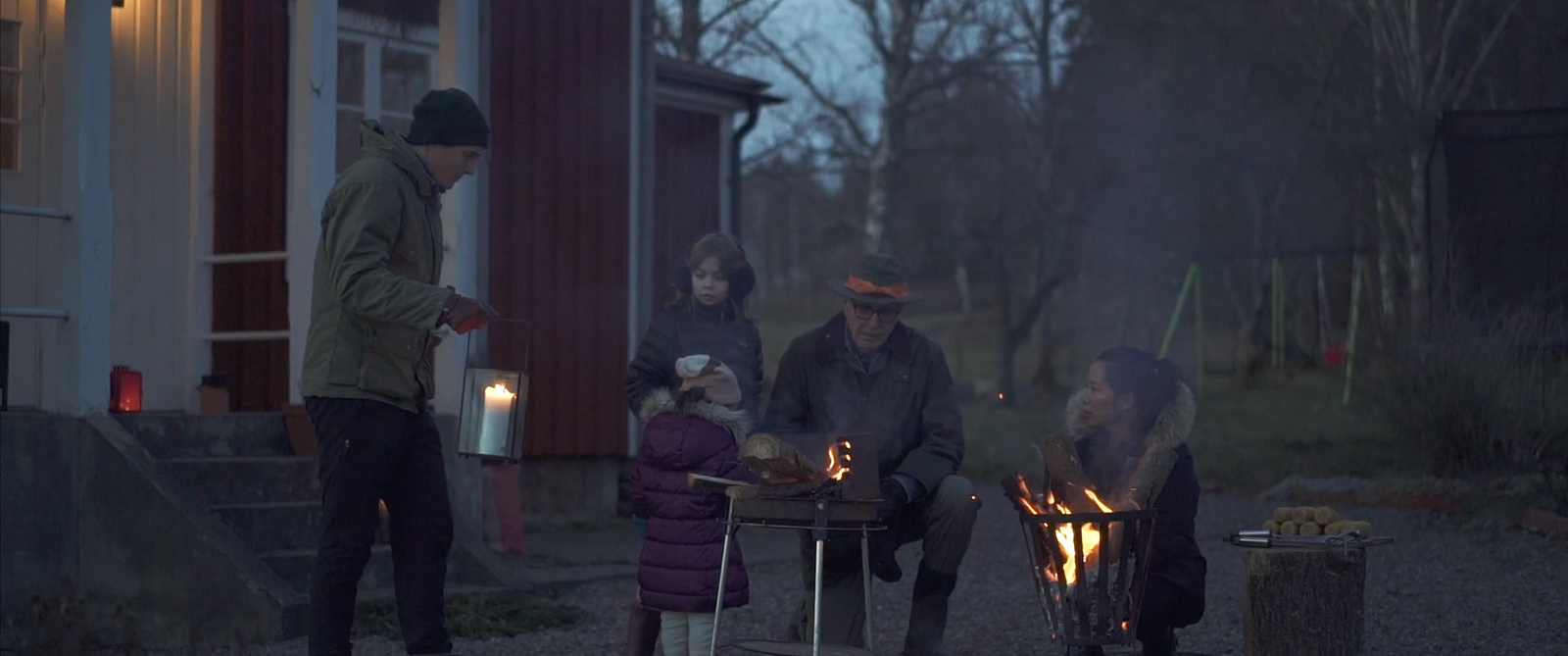
Something was off though.
I wasn’t seeing the forest for the trees. I didn’t realize it but I was only focused on the day to day and the close at hand. When we wanted to go somewhere we hopped on an airplane. When we were hungry we took some meat out of the fridge.
Purchases weren’t considered beyond the binary “do I want it and do I have the money?”
Significant events setting us on a new course
It happened to many farmers across the world. It happened to me at my wife’s family farm two hours outside of Stockholm, Sweden.
What was supposed to be another joyous summer with my three kids turned into a premonition of what human-caused climate change would do to our planet.
We’ve all seen disaster movies like Day After Tomorrow and thought to ourselves: “Sure it’s terrifying but luckily it’s not happening that fast.”
Well — we experienced first-hand what lies around the corner if we don’t change our attitude towards climate change, and fast.
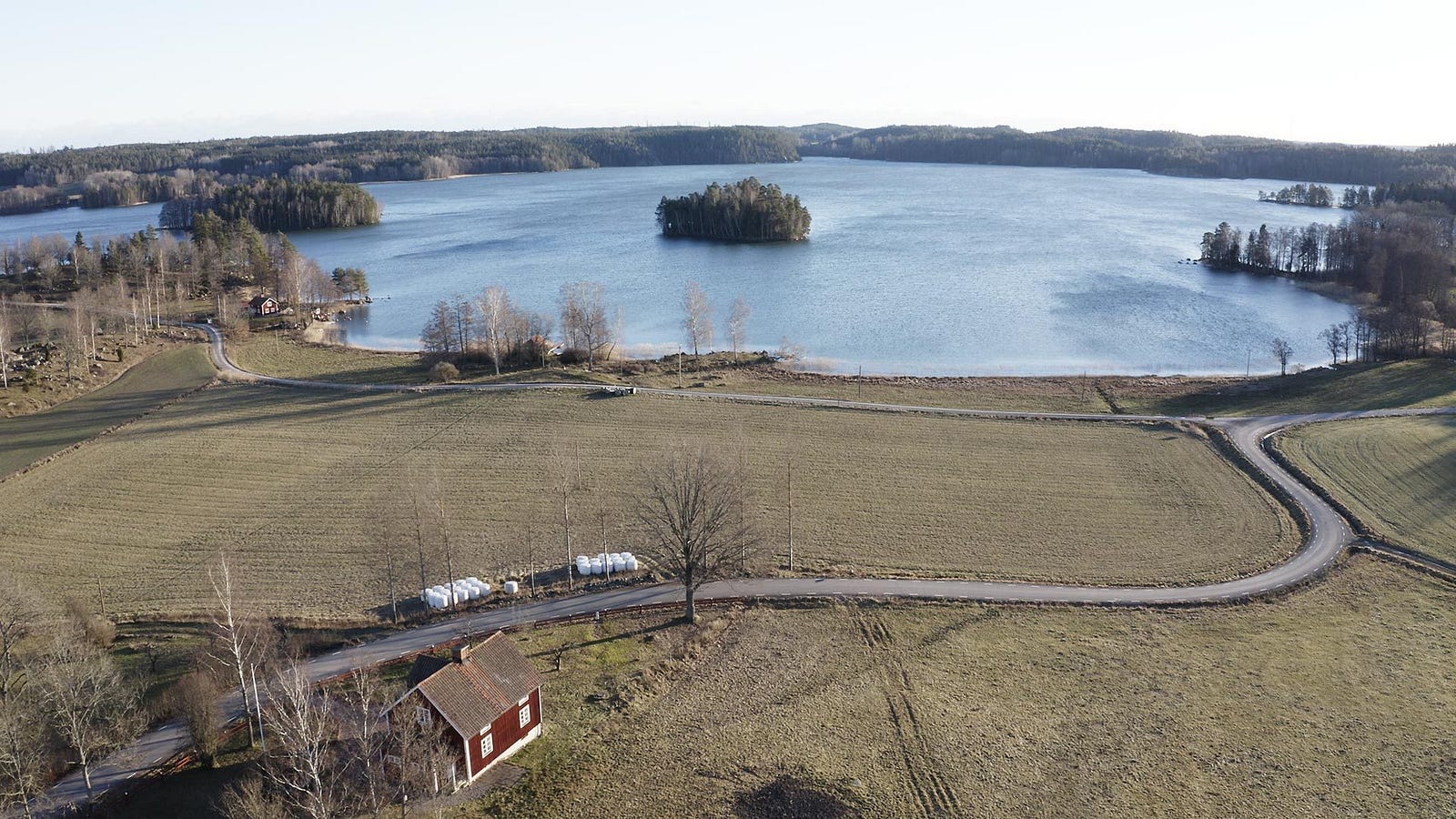
Throughout the northern hemisphere, the summer of 2018 was exceptionally hot. It was one of the hottest summers on record in North America. In Europe, that summer is remembered for its many record-breaking temperatures and the high number of wildfires.
It was an extreme summer in Sweden where temperatures exceeded every measure in the country’s 262-year history of temperature records.
At my wife’s family farm, we witnessed our wells running dry for the first time in a century and a half. With no water and burnt grass, farmers across Sweden were fighting to keep their livestock alive.
So were we.
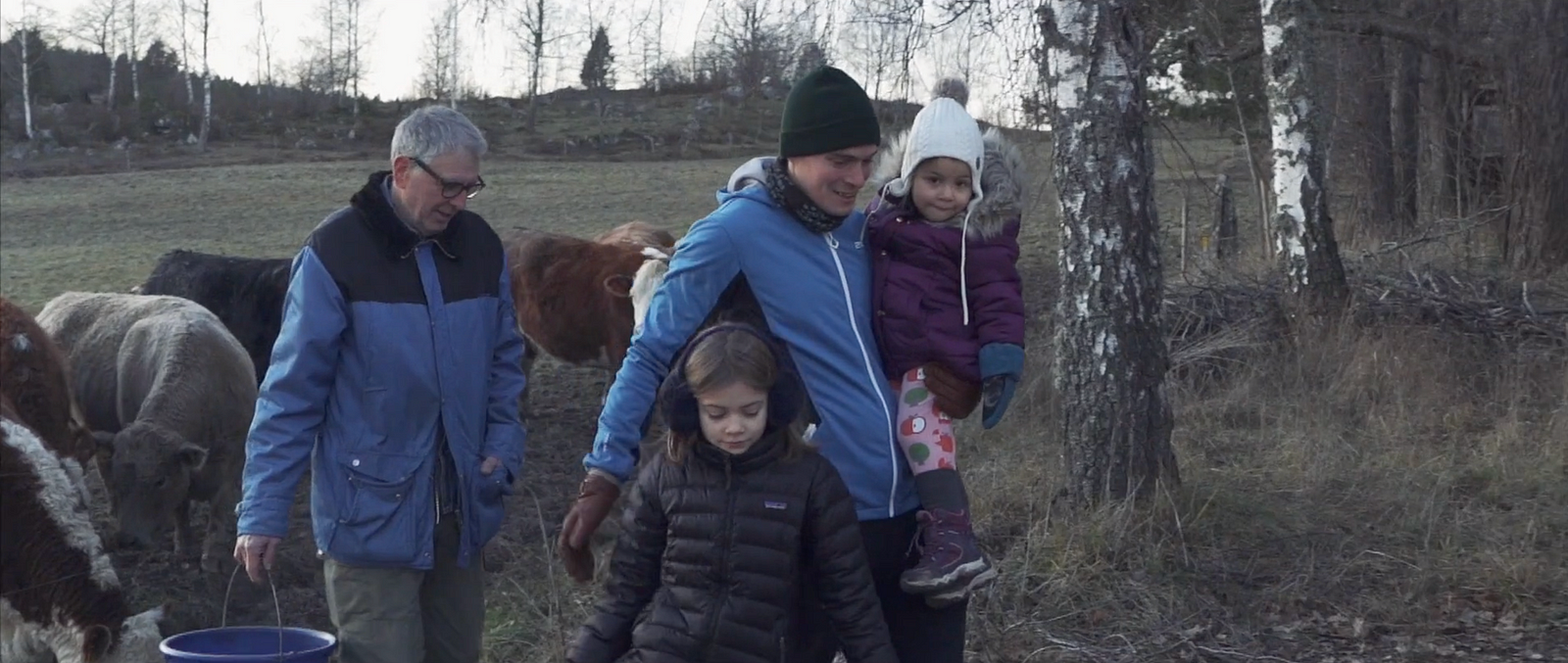
The visceral experience first induced panic that gave way to a call for change. We as a family were struck by acute climate-anxiety and we realized that there were so much more that we could do for the environment.
Let me be clear here. This is a recollection of what happened to my family and the notion that struck us. In no way whatsoever would I like this to be interpreted as me pointing a lecturing finger to all the people out there who don’t quit their jobs to start a sustainable eCommerce. I live in the real world and am very much aware that it is a privilege to be able to make such radical changes. But I’m getting ahead of myself.
During that summer, I started thinking about my kids’ future and what type of world they would grow up in.
We as a family changed.
Not overnight, but you could feel a clear change in attitude.
From eating meat with almost every meal, we significantly reduced our meat consumption. Now we only eat meat that has been locally produced from the family farm. We stopped going on lavish vacations abroad if it meant getting there by plane. Instead, we spend our vacations in our more close surroundings and appreciate Scandinavia’s beauty.
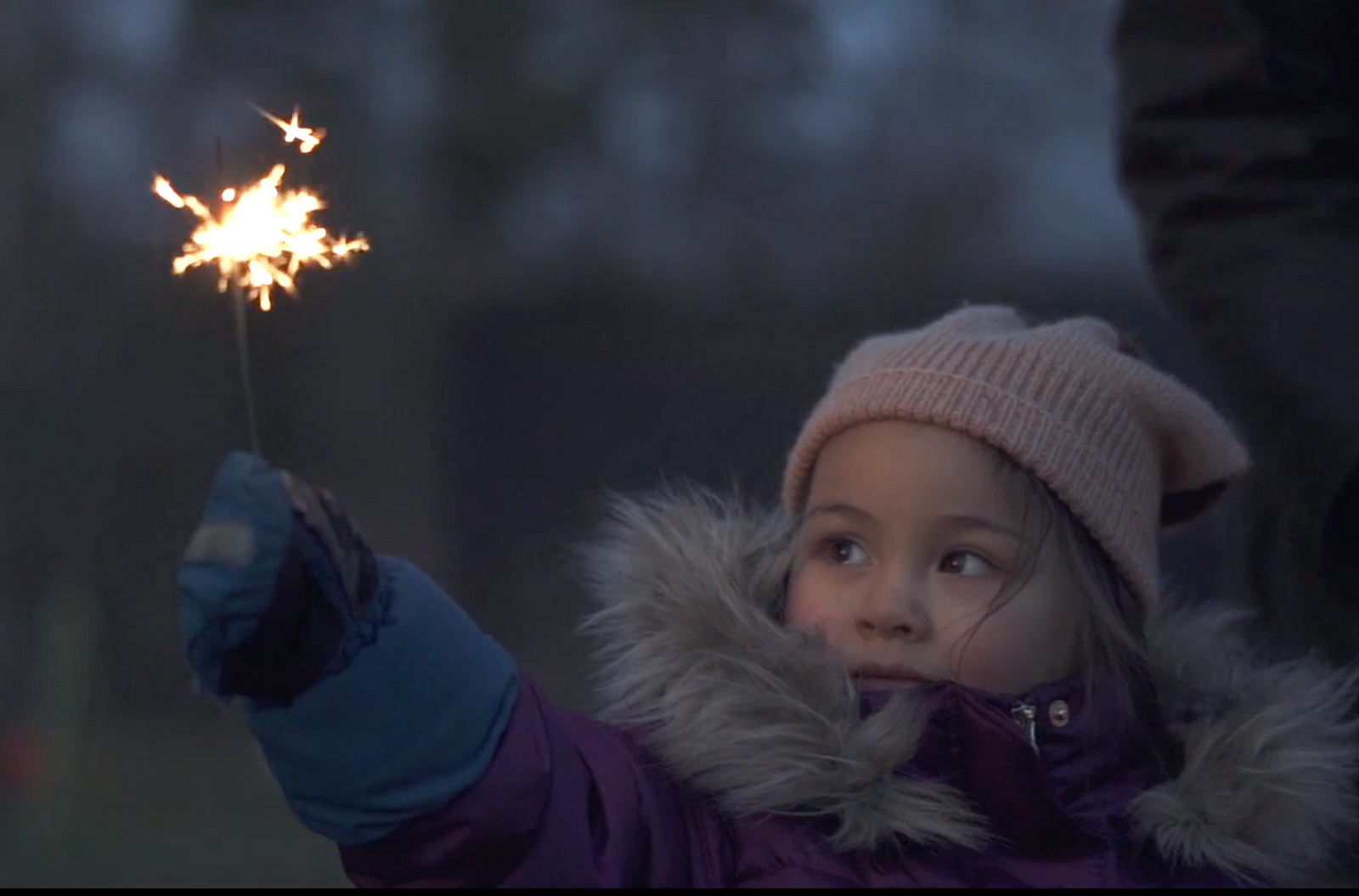
However, the most significant change was to our consumer behaviour. We stopped ordering things online with the intent of sending — if we’re being honest here — a great deal of the products back.
Online returns are a huge problem. According to Statista, in the UK, as an example, 40 % of the population has at one point or more during the past year, returned a product that they bought online. That’s more than 26.5 million packages. In Germany, that same number reaches a staggering 43.7 million. That’s a serious amount of mindless CO2-emission.
All in all, we started thinking beyond our little circle.
A Good Company sprang from the idea that permeated my family’s thinking from that day on.
I decided to use the years where I would have otherwise climbed the career ladder to do something positive for the environment.
That’s the foundation of the company, my reason for starting it, and hopefully, that all comes through in what we do.
Doing something for others gives me tons of energy and even though my three kids keep me awake for all kinds of reasons, I am happy. Sincerely happy, every morning when the alarm clock (or more often one of my kids) wakes me up.
Creating a mission that we actually want to achieve
agood company exists to inspire people to break the habit of mindless consumption and change into conscious decision-making. Creating thoughtful, sustainable and elegant everyday products under an umbrella of climate-positive innovation, is way more than just revenue and profit. Education can change the behaviour of consumption and for us, this is our main objective.
Our approach is holistic.
We consider more than just the quality of a product. We examine the impact the product has on the world. We subscribe to the notion that companies should also invest in their employees, be good environmental shepherds, and be fair and ethical to all stakeholders — this includes suppliers, their employees, and their local environment.
This way of thinking is catching on. It must catch on.
These are our values on an organisational level:
- Complete transparency
- No shortcuts
- Close cooperation with all our stakeholders
- Awareness of global and local effects
Seven months in…
After seven months as a company, I am humbled and proud to say that there are a lot of people that share our values. And we are lucky to count many of them as our customers and partners.
In just seven months, we have shipped to over 50 countries where thousands of individuals have joined our vibrant community.
What can be done by one person?
Combating climate change means that we, me and you, will have to make changes. And some serious sacrifices.
If we do nothing, those changes will be forced upon us, whether we want it or not. Or we can make a conscious change in our activities. It may be cliché, but it’s still true, no one can do everything but everyone can do something.
If it’s within your means to drive an electric vehicle, great. If it’s within your means to change to wheat straws instead of plastic, great. Whatever it is that you can do, do it. But it takes a bit of effort. And if it’s an easy change you could probably do a bit more.
This is also true for companies
The time has come for responsible brands to balance purpose and profit and consider the impact beyond the bottom line. Good companies consider workers, customers, suppliers, the community, and the environment. In one word: stakeholders.
And we, as business leaders, need to set environmental performance goals that shall be achieved within a 1–2 year window. Not 2030. Not 2040. We need goals that hold current business leaders accountable during their time at the company. Not 10 years after they’ve left.
I truly believe that this is the right thing to do and that it is one of the ways we will be able to address man-made climate change.
We all live on this planet so we all have a great reason to be invested in preserving it for future generations.
We need to stop green-shaming each other
We’ve seen climate fighters around the world be called out for things that they do that is in fact not perfect behaviour when it comes to helping the environment.
We are very set on knocking people off what we think is their high horse just because — what? We don’t want people fighting for the environment? We have been sent to this earth to call out hypocrisy?
And if they are doing things that are great for the environment and are out there talking about it, do they have to do everything right?
I see people raising their voices to talk about pollution and plastic in the seas getting heavily criticised for using a plastic bag once in a while. Or owning a car.
Sure, that is definitely not great. But they are doing something to help drive the agenda forward. We need more of that. Louder voices affect the decisions of governments around the world.
And you know who has a really loud voice? You do. As a consumer.


